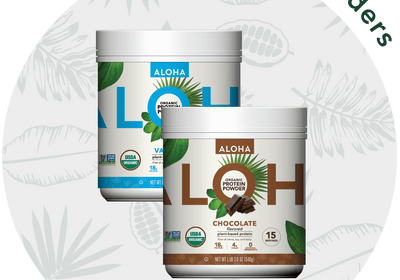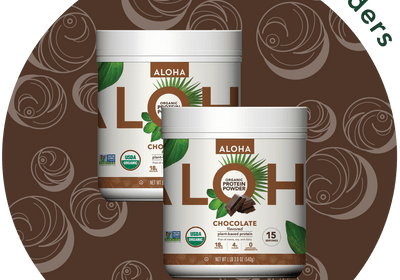Protein powders are widely recognized for their ability to support muscle recovery after workouts, helping athletes and fitness enthusiasts to repair, rebuild, and grow muscle tissue more effectively. The process of recovery is crucial because intense workouts, especially resistance training, create micro-tears in muscle fibers that need repair for strength and size to increase. Protein powders supply the body With the necessary nutrients to ensure optimal recovery. Below, we’ll explore the key ways in which protein powders enhance muscle recovery after workouts.
Stimulating Muscle Protein Synthesis
One of the most critical roles of protein powder in muscle recovery is its ability to stimulate muscle protein synthesis (MPS). MPS is the process by which the body uses amino acids to repair damaged muscle fibers, leading to muscle growth. Protein powders, particularly those rich in essential amino acids, provide the body with the building blocks needed to kickstart this process. Whey protein, for example, is highly effective because it is quickly absorbed, allowing the amino acids to reach the muscles swiftly, which is crucial during the post-workout recovery window. Research has shown that consuming protein immediately after exercise can maximize MPS, reducing muscle damage and improving recovery times.
Reducing Muscle Soreness And Fatigue
Post-workout soreness, often referred to as delayed onset muscle soreness (DOMS), can hinder training progress by causing discomfort and limiting performance in subsequent sessions. Protein powders help reduce muscle soreness by providing the necessary nutrients to repair muscle fibers more efficiently. This is particularly important for athletes who train frequently and need to recover quickly. Studies suggest that consuming protein soon after exercise can minimize the severity of muscle soreness, allowing for faster recovery and better performance in future workouts. This is especially true when protein powders are combined with carbohydrates, which replenish glycogen stores and further aid recovery.
Fast Absorption For Immediate Muscle Repair
Not all protein sources are absorbed at the same rate, which makes whey protein particularly valuable for post-workout recovery. Whey is a fast-digesting protein that delivers a rapid influx of amino acids to the muscles, making it ideal for immediate recovery needs. After a workout, the body enters a catabolic state where muscle breakdown can occur if nutrients aren’t provided quickly. Whey protein’s rapid absorption helps counteract this by promoting an anabolic state, where muscle repair and growth can take place. On the other hand, slow-digesting proteins like casein provide a sustained release of amino acids, supporting muscle recovery over a longer period, such as during sleep.
Supporting Long-Term Muscle Growth
While fast-digesting proteins like whey are beneficial immediately after workouts, slow-digesting proteins like casein also play an important role in long-term recovery. Casein is a slower-absorbing protein that delivers a steady stream of amino acids over several hours. This makes it ideal for consumption before bed, as it ensures that muscles continue to receive nutrients throughout the night when the body is in a fasting state. By providing this prolonged nutrient support, casein helps to reduce muscle breakdown and supports ongoing muscle repair, contributing to long-term muscle growth and recovery.
Plant-Based Proteins And Muscle Recovery
For those who prefer plant-based options, protein powders derived from sources like pea, hemp, or brown rice can also be effective for muscle recovery, provided they contain all essential amino acids. Although plant proteins are sometimes absorbed more slowly than whey, blending multiple sources can create a complete amino acid profile, ensuring that the muscles receive the necessary nutrients for repair. Studies show that plant-based proteins, when consumed in sufficient amounts, can be just as effective as animal-based proteins in promoting muscle recovery and growth, making them a great alternative for those with dietary restrictions.
Enhancing Overall Recovery Efficiency
Beyond muscle repair, protein powders can enhance overall recovery efficiency by promoting better nutrient absorption and digestion. Many high-quality protein powders include digestive enzymes or prebiotics, which aid in breaking down the protein and ensuring that it’s effectively absorbed by the body. This reduces the likelihood of digestive discomfort and ensures that more of the protein is used for muscle repair. Additionally, protein powders can be easily incorporated into recovery routines by blending them into shakes or smoothies, providing a quick, nutrient-dense option for post-workout nutrition.

 collection header image
collection header image
 collection header image
collection header image



